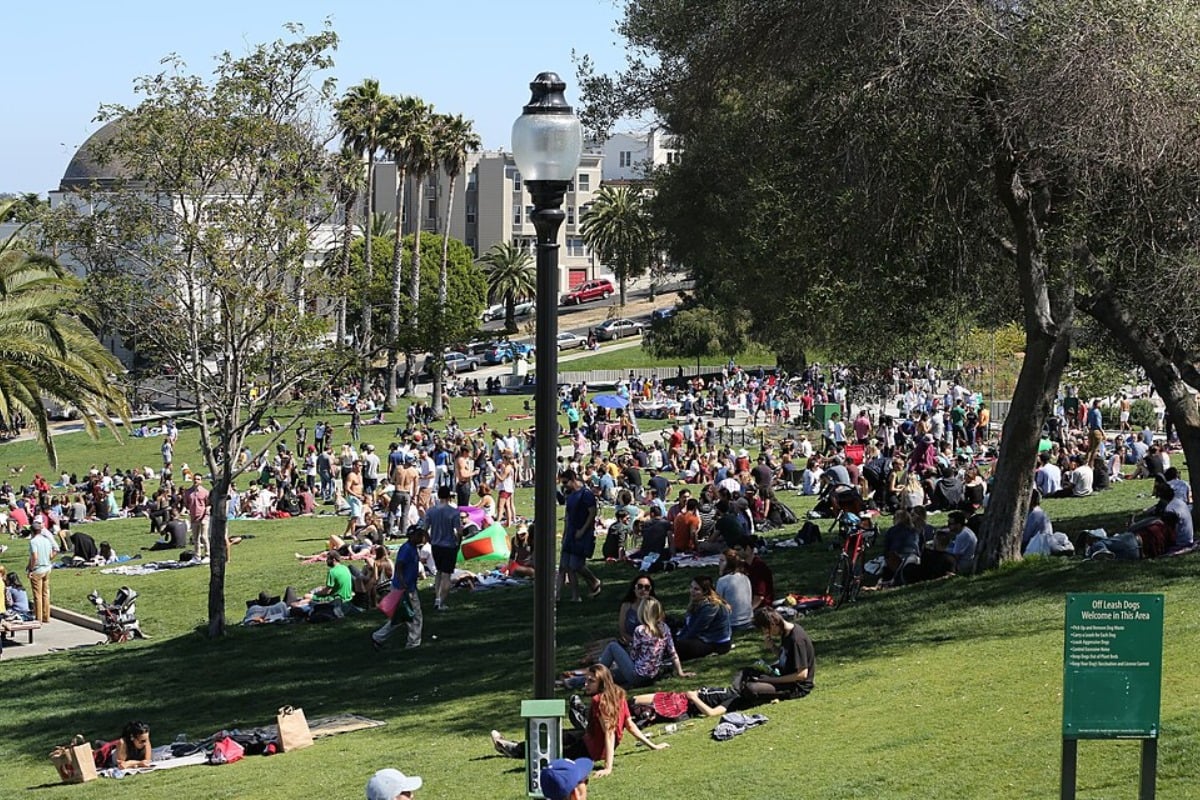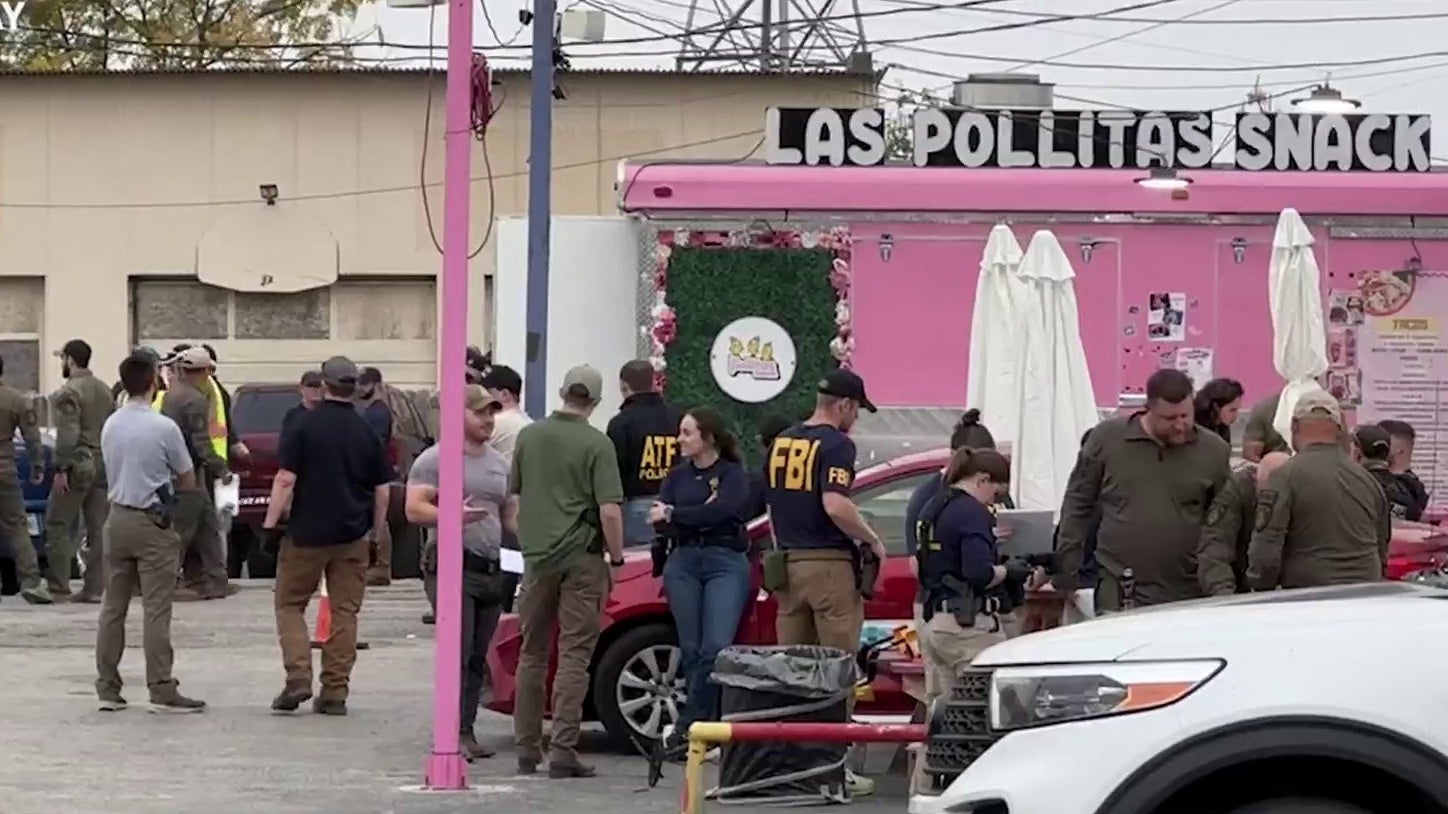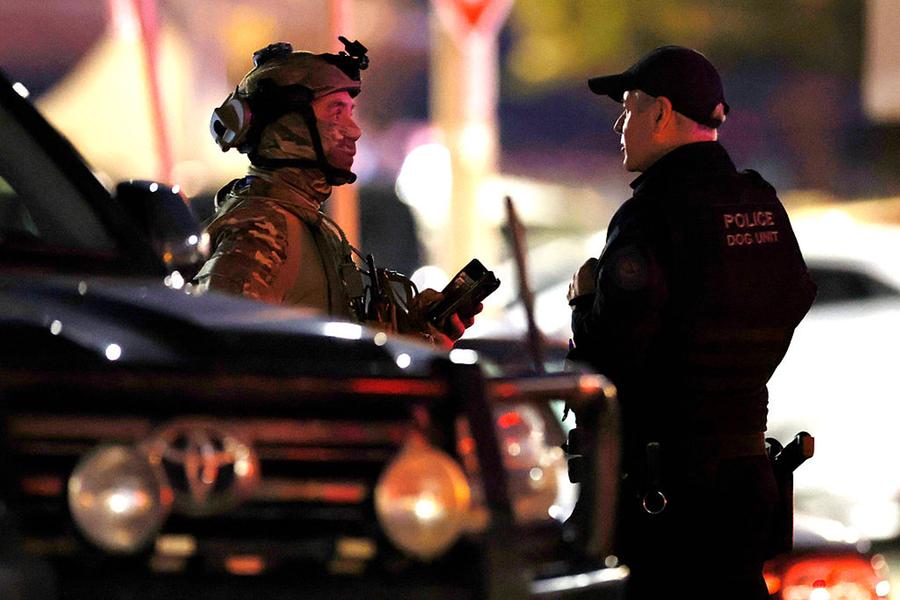URGENT UPDATE: A federal judge has just granted class-action status to a lawsuit involving 113 adults and children detained by the San Francisco Police Department during a controversial skateboarding event at Dolores Park on July 8, 2023. This pivotal ruling allows all detainees, including 81 minors, to sue the city collectively, intensifying the legal battle stemming from alarming mass arrests.
The decision follows a chaotic incident during an informal skateboarding competition known as the “hill bomb,” which has faced scrutiny due to past accidents and confrontations with law enforcement. The legal action began when four teenagers filed suit in December 2023, claiming unlawful arrests. Attorney Rachel Lederman, representing the plaintiffs through the Partnership for Civil Justice Fund, condemned the police actions as an “outrageous round-up.” She stated,
“They kettled them between police lines and arrested them unlawfully, without a reasonable basis to believe that they had committed crimes.”
The incident has drawn widespread attention as parents argue that many children were simply bystanders caught in a police dragnet. Reports indicate that minors were held for hours in frigid conditions, with some forced to urinate in a bucket provided by a neighbor, as detailed by the San Francisco Chronicle.
City attorney spokesperson Jen Kwart defended the police, asserting that the SFPD acted to ensure public safety during the event. However, the ruling could have significant implications for the city’s finances. Any potential compensation awarded could impact the city’s general fund, which has already seen a hefty expenditure of $143,000 in police overtime during that night.
As the lawsuit unfolds, it raises crucial questions about the legality of police actions during mass gatherings and the treatment of minors in similar situations. The 2024 Hill Bomb event was markedly different, with law enforcement implementing preemptive strategies to maintain order.
The class-action status not only amplifies the stakes for the city but also provides a platform for the plaintiffs to seek justice for alleged violations of their rights. As this case develops, it is poised to become a significant legal precedent regarding the treatment of individuals during large public events.
Stay tuned for more updates on this urgent matter as it progresses through the legal system. The implications for both the community and city governance could be profound.







